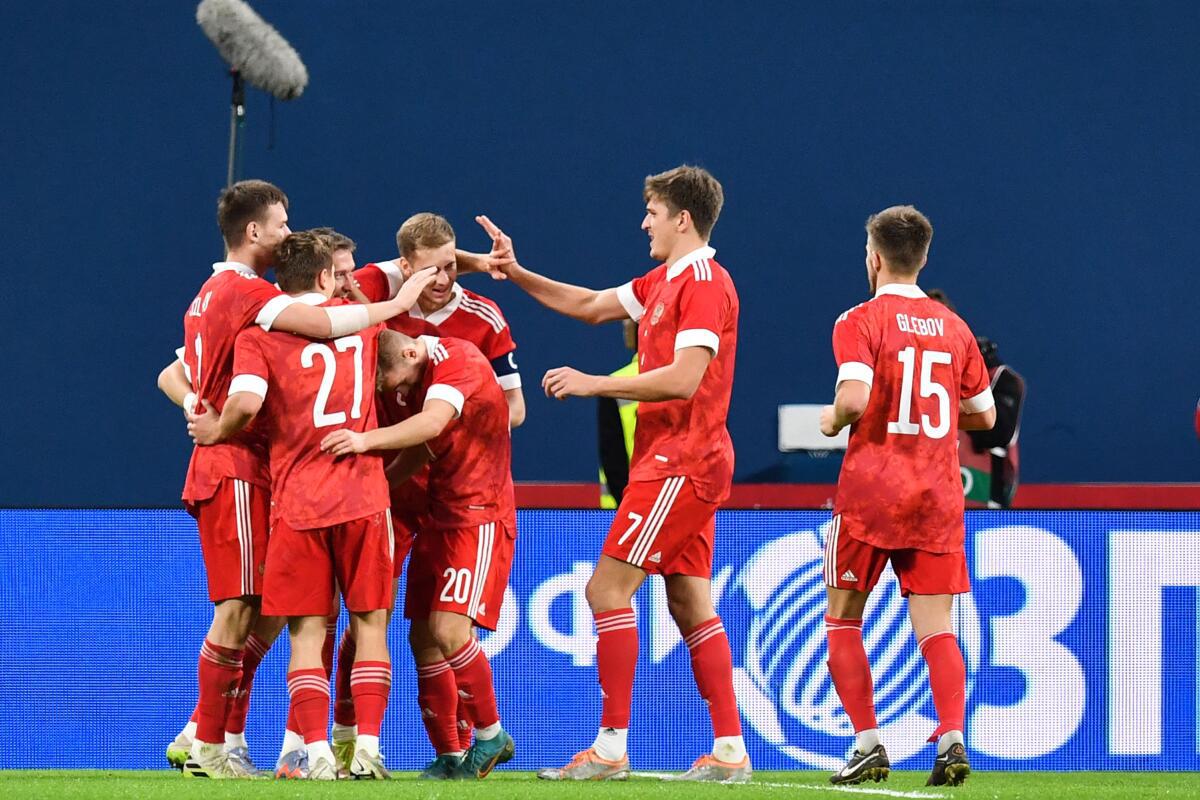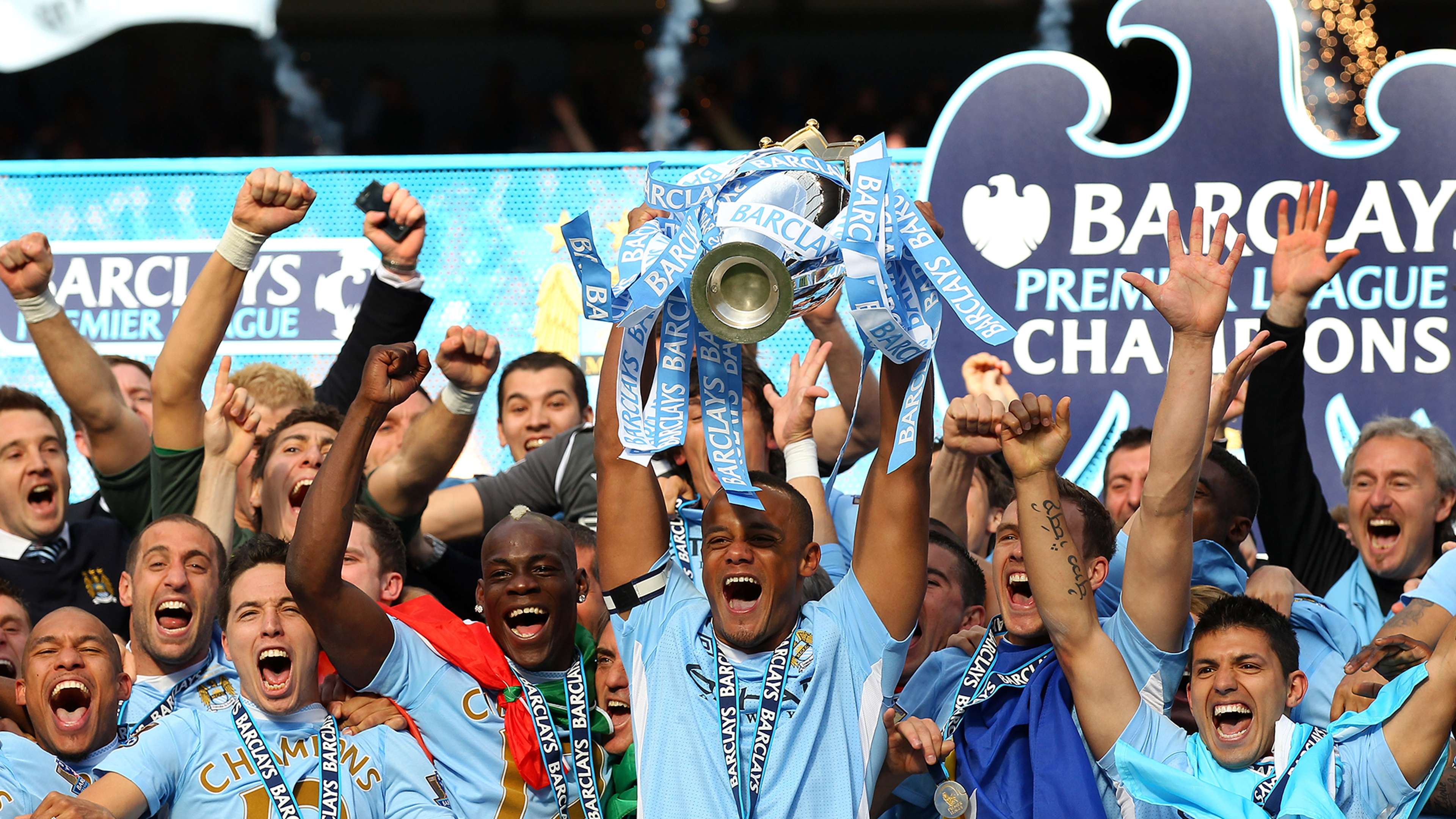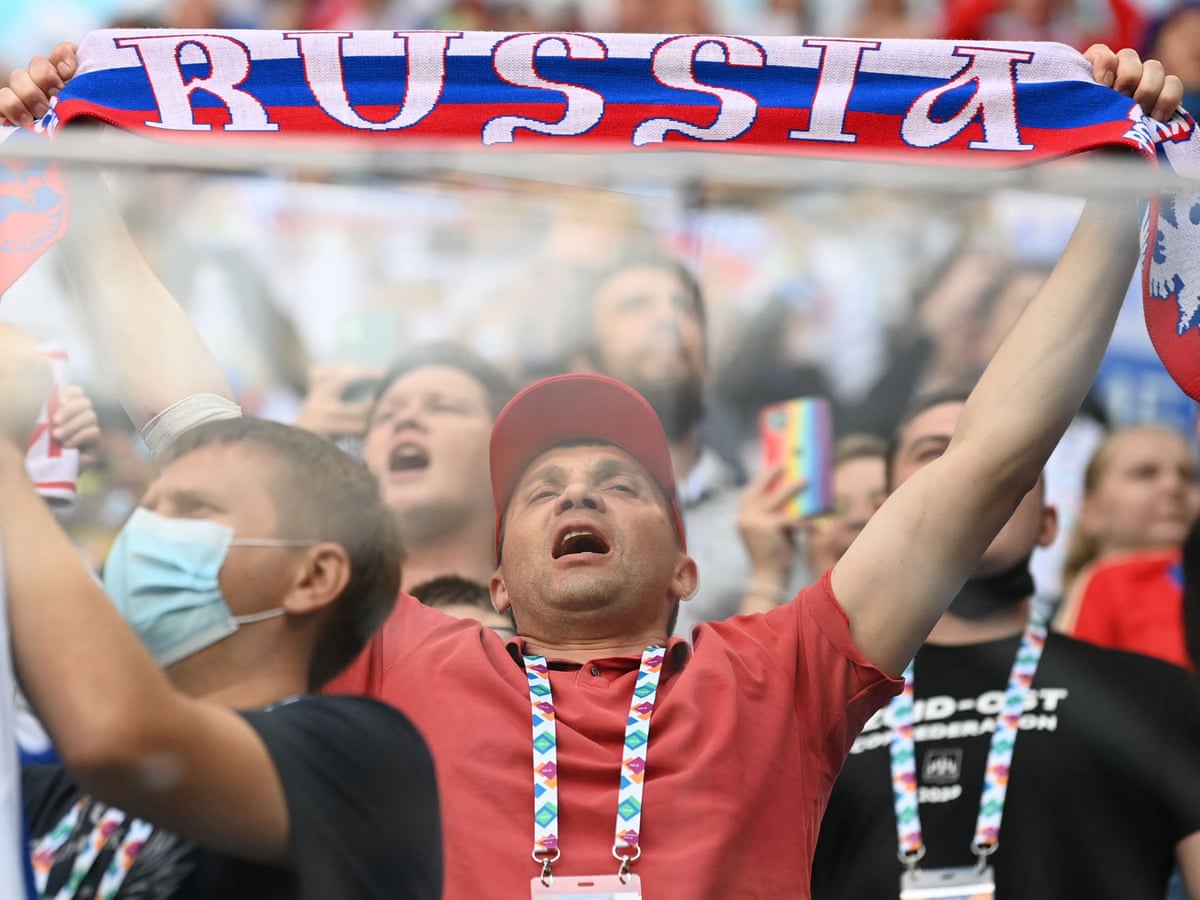
Russia's Return to International Football: A Controversial Comeback
In a notable twist in the realm of international football, Russia's national team has recently re-entered the international football scene with a home match against Iraq in St. Petersburg. This marked the first time the team played on home soil since the onset of the Ukraine conflict in early 2022, sparking fierce debate concerning the ethical implications of their return to global football. The Russian Football Union (RFU) aims to regain its footing in the sport amid ongoing geopolitical tensions, raising pressing questions about the integrity of football governance and the balance between sport and politics.

A Pivotal Match Amidst Isolation
The match against Iraq drew little media attention and fanfare, reflecting a growing sentiment of disapproval regarding Russia's participation in international competitions. While the match itself unfolded, the backdrop of the ongoing war and human rights violations continued to overshadow the event. Observers noted that many nations are still reluctant to engage with Russia on the pitch, a sentiment echoed by the RFU's president, Alexander Dyukov, who articulated a desire to return to UEFA competitions.
Despite being suspended from UEFA events due to the invasion of Ukraine, the RFU is exploring alternative avenues for international play, including the potential for joining the Asian Football Confederation (AFC). However, such a move would not be straightforward, as it poses complex dilemmas for footballing bodies worldwide that are increasingly cognizant of the intertwining of sports and geopolitical issues.
Ethical Ramifications and Global Reactions
The ethical ramifications of Russia's re-entry into international football cannot be overstated. Amidst condemnation from various nations and organizations, Ukraine's football community has vehemently opposed any normalization of relations with Russian teams. As Ukrainian footballer Andriy Yarmolenko stated, “Politics is in first place [in Europe], football has faded into the background.” This sentiment echoes the calls from human rights advocates for a continued ban on Russian participation in international sports.
Amnesty International's Nikita White emphasized that human rights and sports are not mutually exclusive. “Whether Russia is in UEFA or the AFC makes no difference to the core issue, which is that Russia should be banned from international sporting competitions,” she remarked, highlighting the broader implications of Russia's return on global human rights standards.
The Future of Russian Football: A Dilemma for Governance
As Russia seeks to navigate its way back into international football, the dilemma for governing bodies like FIFA and UEFA looms large. The integrity of global football governance is being tested as nations weigh their political stances against the desire for competitive play. The potential for further isolation remains high, and the question arises: can Russia's football ambitions coexist with the ongoing geopolitical realities?
The RFU has publicly stated its focus on returning to European competitions, with Dyukov emphasizing the need for a strategic approach to ensure participation in upcoming tournaments. However, the reality is that many nations are unwilling to engage with Russia, fearing backlash from their own supporters and broader communities.
Tactical Implications and the Asian Football Confederation
While the prospect of joining the AFC could provide Russia with a pathway back into international play, it raises concerns about the competitive balance within Asian football. Many Asian nations are apprehensive about Russia potentially taking one of the coveted World Cup qualification spots, especially as the 2026 tournament expands opportunities for countries across the continent.
Denis Rogachev, deputy secretary general of the Russian FA, hinted at the complexities of this decision: “All scenarios are being considered.” There is an acknowledgment that joining the AFC could facilitate a steady stream of matches for Russia; however, it may come at the cost of losing its historical ties to European football.
Moreover, the RFU's attempt to balance the immediate need for competitive play with long-term ambitions of rejoining UEFA highlights the precarious position of Russian football in a world where politics often dictate the rules of engagement.

Conclusion: The Path Forward
As the football world closely watches Russia's maneuvers, the overarching question remains: will the nation find a way back into the fold of international football, or will it face continued isolation? The landscape of international football is fraught with complexities that intertwine sport and geopolitics, and Russia's return to the pitch is emblematic of the challenges facing football governance on a global scale.
In the face of ongoing controversies, the future of Russian football hangs in the balance, and the implications of its comeback have the potential to reshape the dialogue surrounding sports and ethics in a politically charged environment. As nations grapple with the intertwined nature of sports and politics, the ultimate fate of Russia’s footballing ambitions remains uncertain.
For continuing updates on this complex situation, follow the developments closely through various sports news outlets and human rights organizations committed to upholding the integrity of sport while advocating for social justice.
References
